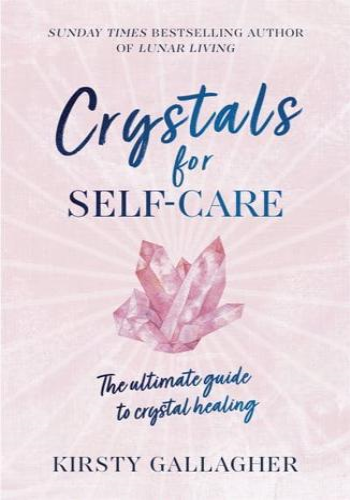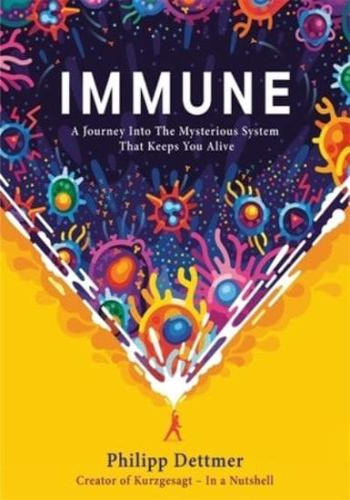Exploring the revolutionary science behind the power of thought, this book will forever change how you think about your own thinking.
This new updated and expanded 10th anniversary edition of The Biology of Belief contains stunning new scientific discoveries about the biochemical effects of the brain's functioning that show all the cells of your body are affected by your thoughts. Bruce H. Lipton PhD, a renowned cell biologist, describes the precise molecular pathways through which this occurs. Using simple language, illustrations, humour and everyday examples, he demonstrates how the new science of epigenetics is revolutionizing our understanding of the link between mind and matter, and the profound effects it has on our personal lives and the collective life of our species.
It has been 10 years since the publication of The Biology of Belief, Bruce Lipton's seminal book on the relationship between mind and body that changed the way we think about our lives, our health and our planet. During that time, research in this field has grown exponentially - Lipton's ground-breaking experiments have now been endorsed by more than a decade of rigorous scientific study.
In this greatly expanded edition, Lipton explores his own experiments and those of other leading-edge scientists that have unravelled in ever greater detail how truly connected the mind, body and spirit are. It is now widely recognized that genes and DNA do not control our biology. Instead, they are controlled by signals from outside the cell, including energetic messages emanating from our thoughts.
This profoundly hopeful synthesis of the latest and best research in cell biology and quantum physics puts the power to create a healthy, joyous life back in our own hands. When we transform our conscious and subconscious thoughts, we transform our lives, and in the process help humanity evolve to a new level of understanding and peace.







